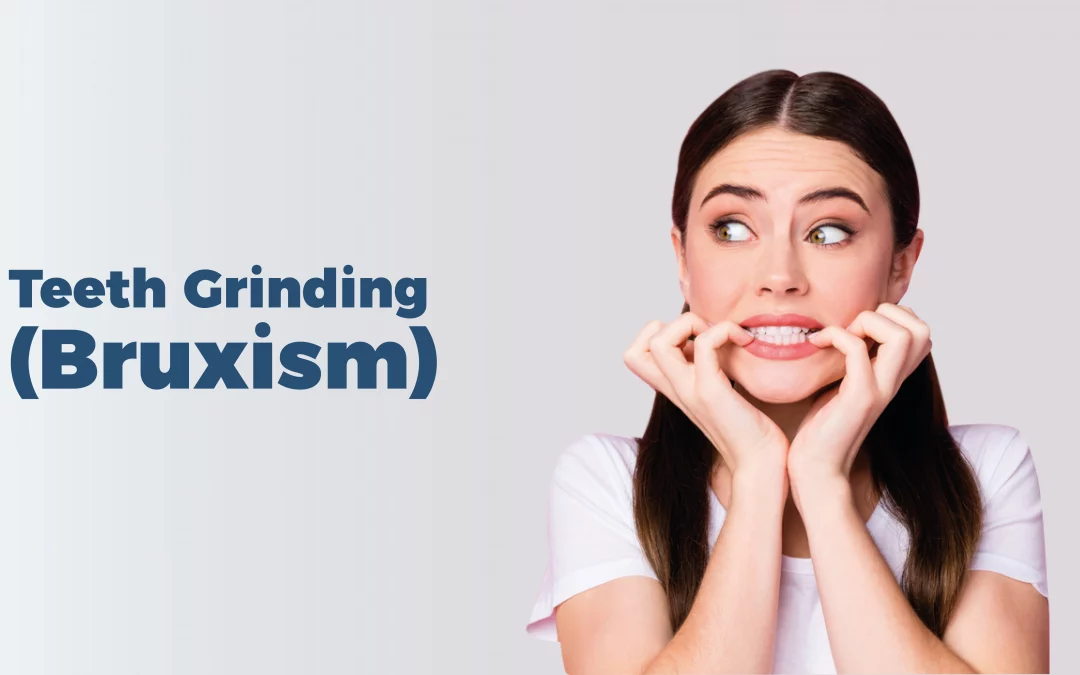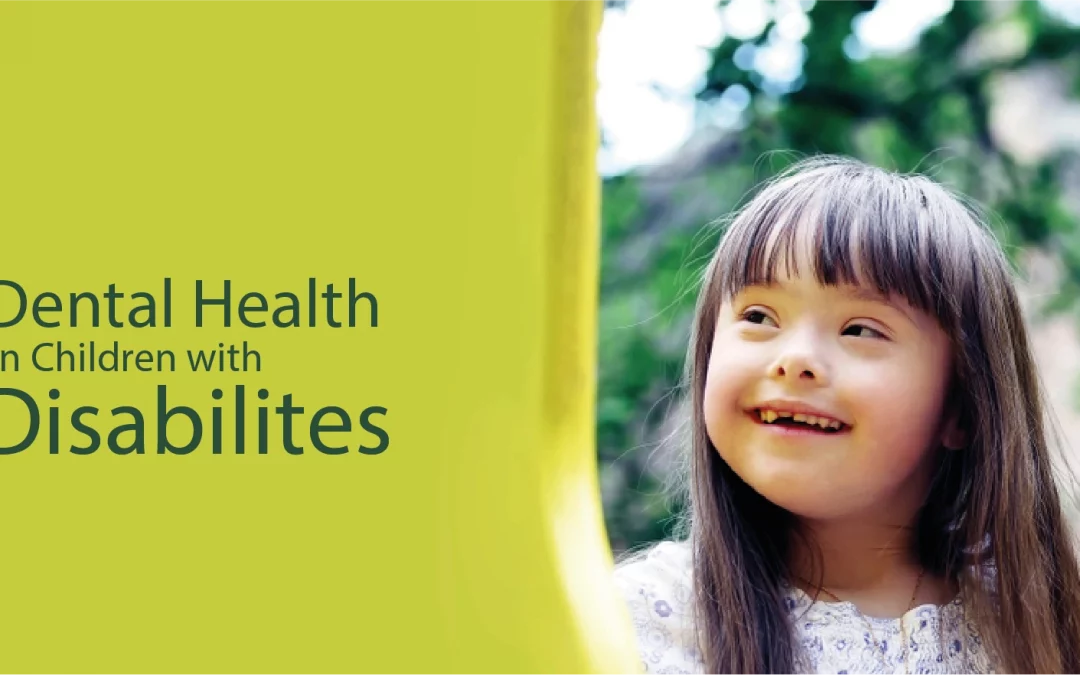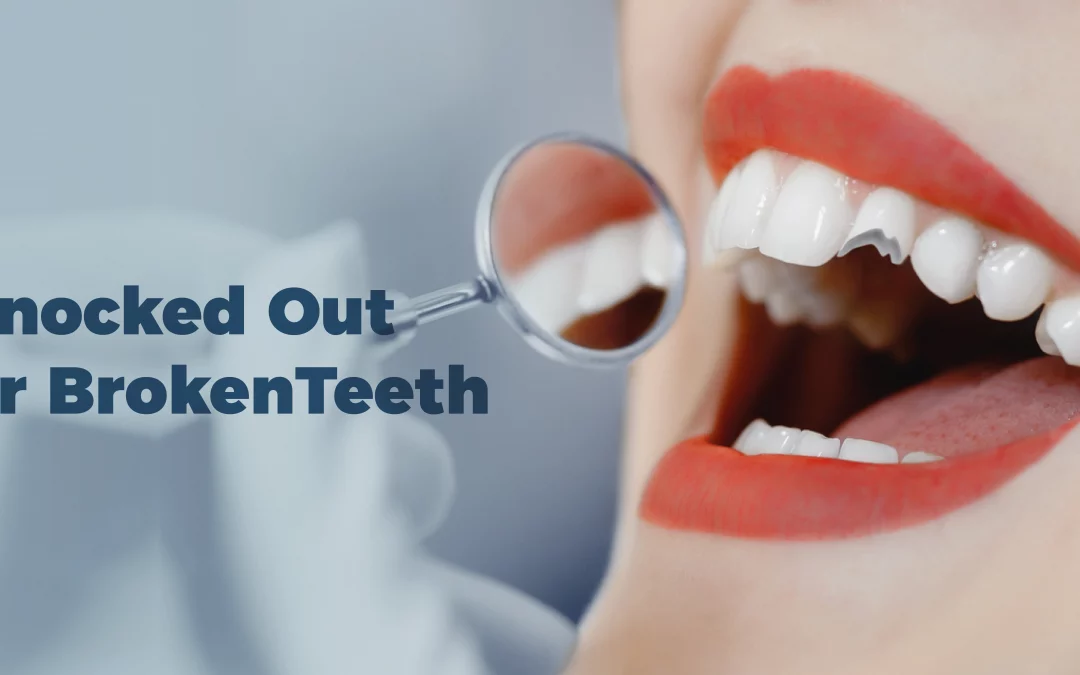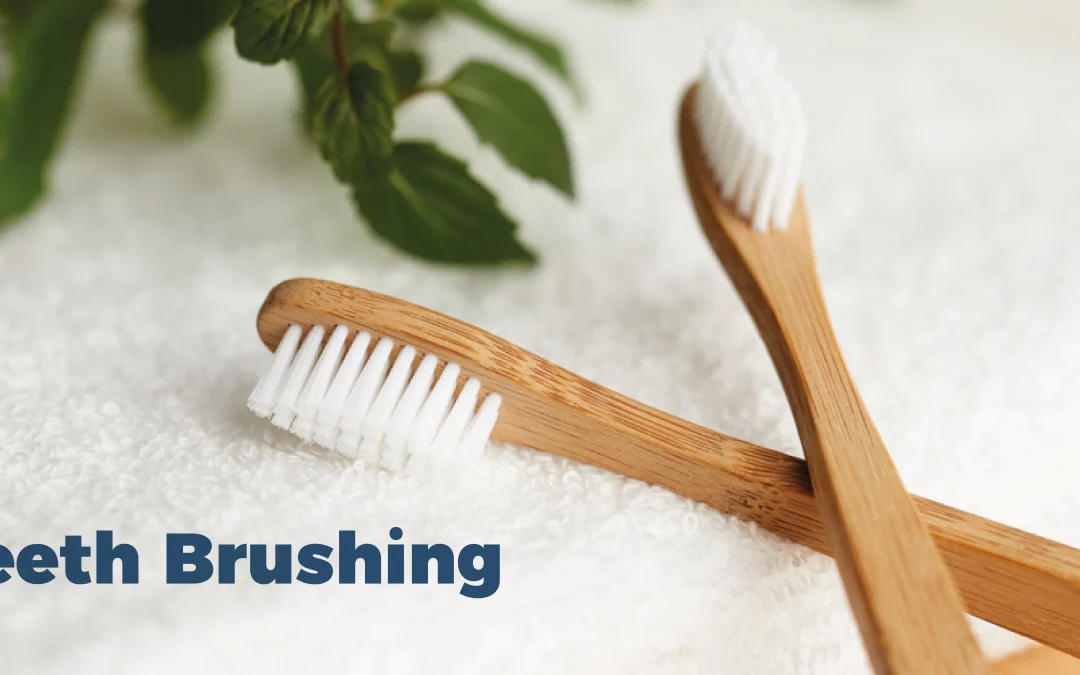Teeth grinding (bruxism)
Blogs

Teeth grinding (bruxism) is the involuntary clenching or grinding of the teeth. It generally happens during sleep, but some people experience it when they are awake.
Complications of teeth grinding
Teeth grinding can cause a range of oral health problems, which may include:
cracked tooth enamel
excessive wear and tear on the teeth
broken teeth or restorations
strain on the joints and soft tissue of the jaw joint
enlargement of the jaw muscles (rare).
Signs and symptoms
The signs and symptoms of teeth grinding include:
grinding sounds while the person is asleep
headache, jaw joint or ear pain
aching (or ‘dancing’) teeth – particularly upon waking
aching or stiffness of the face and temples upon waking
aching or stiffness in the jaws while chewing – particularly during breakfast
clenching the jaw when angry, anxious or concentrating
sensitive teeth
cracked or chipped tooth enamel
tooth indentations on the tongue
raised tissue on the cheek caused by cheek biting
wobbly teeth.
Causes
Some of the factors that may trigger grinding include:
emotional stress, such as anger or anxiety
mental concentration
physical effort or stress, such as illness, nutritional deficiency or dehydration
Incorrect tooth alignment
Drug misuse (particularly amphetamines)
Eruption of teeth (babies and children)
What you should do?
If you think you may be grinding your teeth, see your oral health professional as soon as possible. They will examine your teeth and may take x-rays to check the severity of the problem and the damage done to teeth and bone. They might also suggest some therapy to assist in removal or reduction in the habit.
Teeth grinding in children
Many children grind their teeth at some stage. Some children clench their jaws quite firmly. Others grind so hard that it makes a noise.
Children will not usually be woken up by the sound of their own teeth grinding – but other people in the room might be!
In most cases, children who grind their teeth don’t cause any damage to their teeth. In only a few very extreme cases, where the grinding is very regular, is it likely that your child could cause damage to teeth.
If you’re concerned, talk to an oral health professional.






